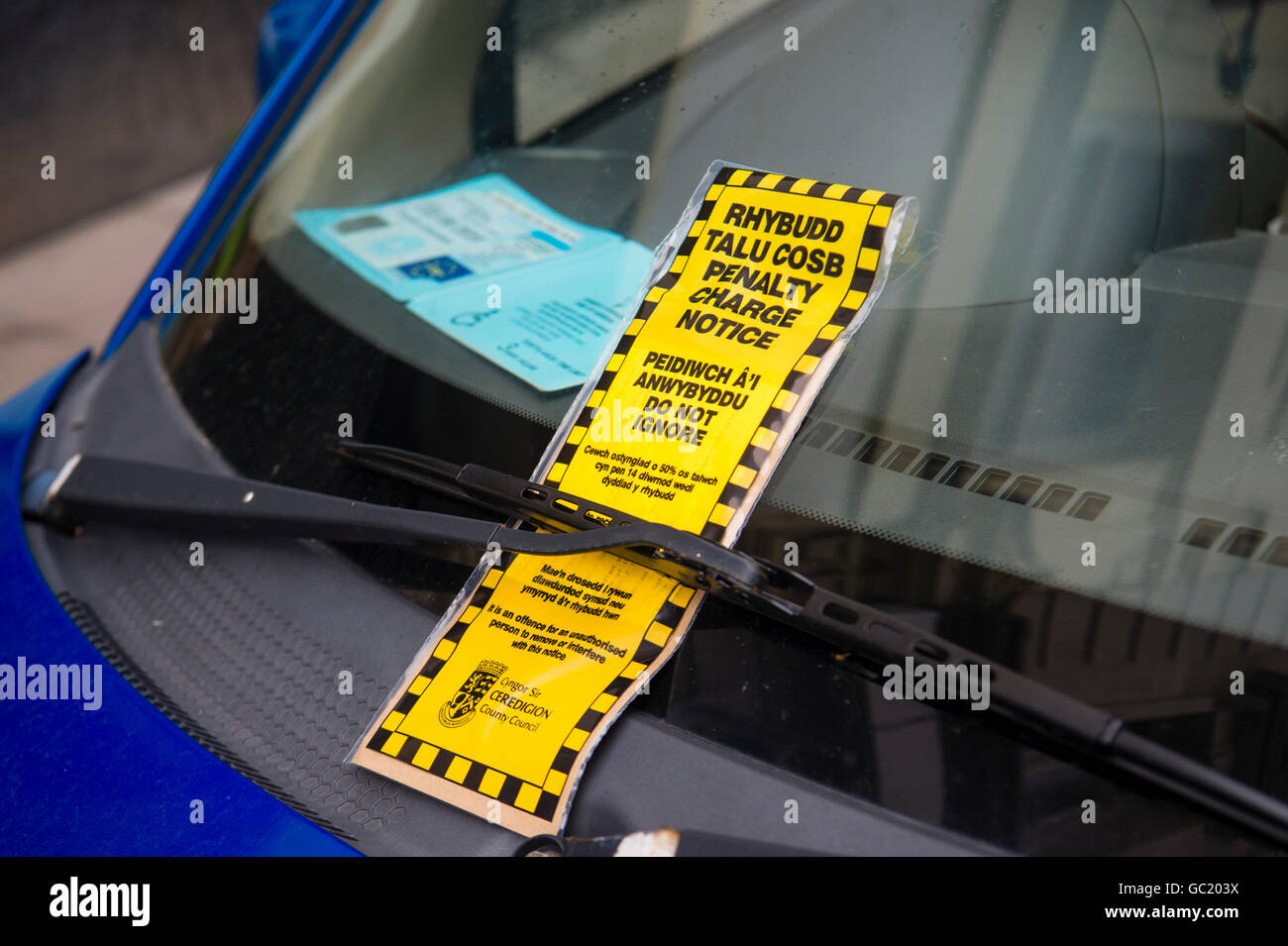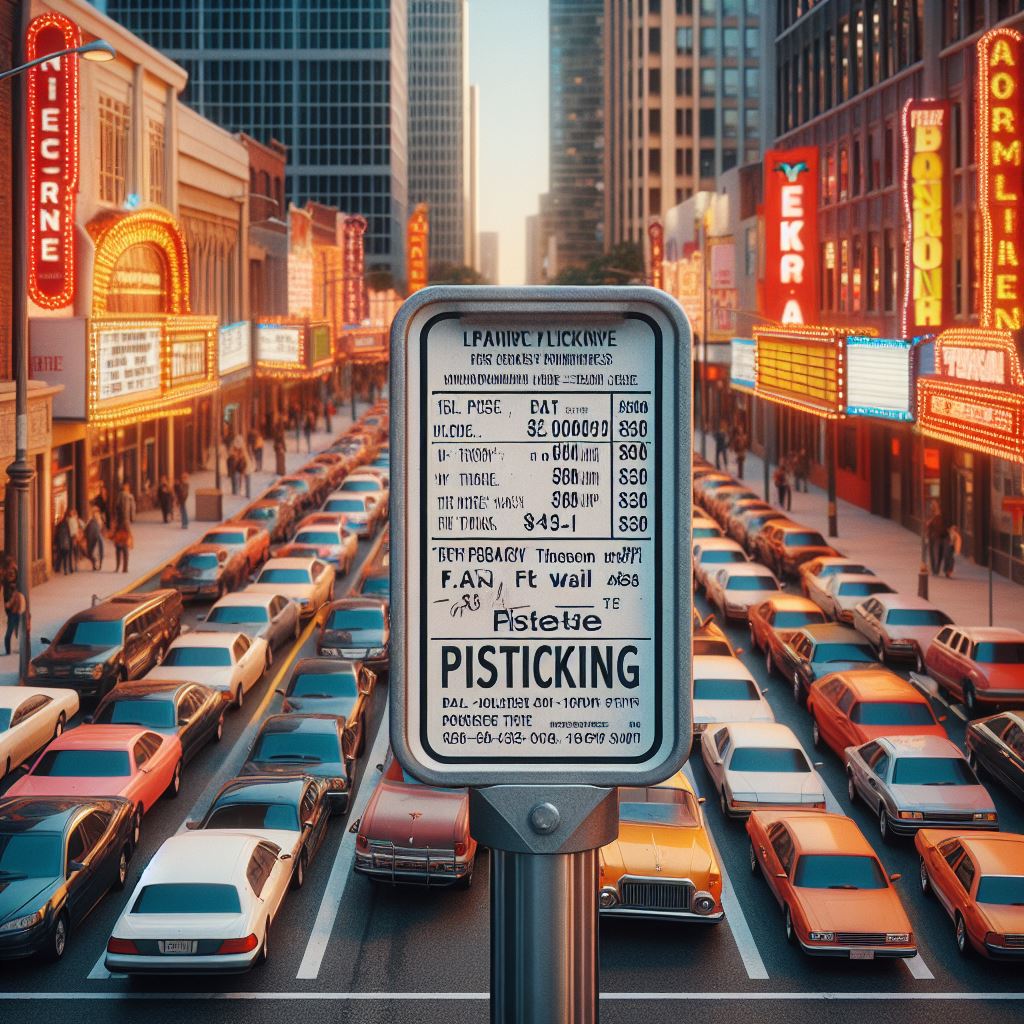Are parking tickets causing you sleepless nights? Are you constantly worried about where to park your car to avoid that dreaded slip tucked under your windshield wiper? Understanding whether parking tickets are fixed penalty notices can help alleviate your concerns.
In this article, we’ll delve into the intriguing world of parking tickets. We’ll unravel the mystery behind those frustrating slips of paper and answer the all-important question: Are parking tickets fixed penalty notices? With our comprehensive guide, parking no longer has to be a cause of stress and worry.
THE LAW IN 60 SECONDS | DRIVING [PART 2] | FIXED PENALTY NOTICES
Most people are unaware that parking tickets are not actually fines, but rather they are what is known as a “fixed penalty notice.” This means that the amount you have to pay is set by law and cannot be increased or decreased by the issuing authority. However, there are some exceptions to this rule.
For example, if you appeal your ticket and win, the court may order the issuing authority to refund your money. Additionally, if you fail to pay your ticket within 28 days, the amount owed will increase by 50%. So, while parking tickets may not be technically fines, they can still end up costing you a pretty penny if you’re not careful. If you do get a ticket, be sure to act quickly and either pay it or appeal it within the 28-day window.
Parking Charge Payment
If you’ve ever been to a big city, you know the struggle of finding parking. You circle the block for what feels like an eternity, and when you finally find a spot, it’s usually in a less-than-ideal location. And to top it all off, you have to pay for it! Parking charges can be confusing and vary greatly depending on the area, so today, we’re breaking down everything you need to know about paying for parking.
The first thing you need to do is identify the type of parking meter in the space. There are two types of meters – single-space and multi-space – and they accept different payment methods. Single-space meters only take coins, while multi-space meters can take coins, credit cards, or sometimes even apps. Once you’ve identified the meter type, make sure you have the right form of payment. If paying with coins, most meters require quarters (25 cents).
If using a credit card or app, follow the instructions on the screen. Once you’ve inserted your payment into the meter, it will give you a receipt that shows how long your parking is paid for. Make sure to put this receipt face up on your dashboard so that parking enforcement officers can see it when they drive by. And that’s it! Just remember to check signs before park, as some spaces have time limits or other restrictions.

Credit: www.alamy.com
What is the Difference between a Parking Charge Notice And a Penalty Charge Notice?
If you’ve been unfortunate enough to receive a parking ticket, you may be wondering what the difference is between a parking charge notice and a penalty charge notice. Here’s a breakdown of the two types of fines: A parking charge notice (PCN) is issued by the owner or operator of a car park, for example, a private company or council-run car park.
A PCN is usually issued for contravening the terms and conditions of parking in that particular car park, such as not displaying a valid ticket or permit or overstaying your welcome. A penalty charge notice (PCN), on the other hand, is issued by local councils for contraventions of on-street parking regulations. These include things like double parking, parking in a disabled bay without a badge, or parked on double yellow lines.
You’ll usually find these signs clearly displayed nearby, so there’s no excuse! So there you have it – if you get hit with a fine for bad parking, it could either be a PCN or PCN, depending on where you left your vehicle. And remember, if you do get fined, make sure you pay up within 28 days to avoid incurring any additional charges.

What is the Best Excuse to Appeal a Parking Ticket?
There is no universal “best” excuse to appeal a parking ticket, as the person or organization issuing the ticket will often have specific requirements or expectations for appeals. However, some common excuses that may be successful in appealing a parking ticket include demonstrating that the driver was not aware of the parking regulations in effect at the time, that the vehicle was parked in an emergency situation, or that there were extenuating circumstances beyond the driver’s control that led to the violation. In any case, it is important to remember that honesty is always the best policy when appealing a parking ticket – making up an excuse that is later proved to be false can result in additional penalties.
Do Parking Tickets Go on Your Record UK?
Are Parking Tickets Fixed Penalty Notices? Many UK drivers are left wondering, “Do parking tickets go on your record in the UK?” Contrary to popular belief, parking tickets are not considered criminal offenses and, therefore, do not impact your driving record or your insurance premiums. They are known as Fixed Penalty Notices (FPNs), which are civil penalties issued by local councils for minor parking violations. However, it should be noted that non-payment of an FPN can lead to an increase in the initial fine and even court proceedings. Therefore, while a parking ticket may not tarnish your driving record, it is always recommended to address it promptly to avoid further complications.

What Happens If I Don’t Pay Parking Ticket UK?
If you don’t pay your parking ticket in the UK, you may be liable for a late payment penalty. This is usually £30 if you pay within 28 days of the notice being issued, but it can increase to £70 if you don’t pay within 56 days. You may also have to pay legal costs if the case goes to court. If you’re still not paying, the local authority can take enforcement action, which could include clamping your vehicle or seizing it and selling it at auction.
Frequently Asked Questions [FAQs]
Is a parking ticket considered a Fixed Penalty Notice?
Yes, a parking ticket can be considered a Fixed Penalty Notice (FPN). FPNs are issued for minor legal violations, such as parking infractions, and require the offender to pay a fine within a specified period to avoid further legal action.
What happens if I don’t pay the Fixed Penalty Notice for a parking violation?
If you do not pay the Fixed Penalty Notice for a parking violation within the specified period, the penalty may increase, typically by 50%. If the fine remains unpaid, the matter might be escalated to court, resulting in additional costs and potential legal action.
Can I challenge a Fixed Penalty Notice issued for a parking violation?
Yes, you can challenge a Fixed Penalty Notice issued for a parking violation, typically within 28 days of receiving the notice. The process for challenging may vary by jurisdiction, but it usually involves writing to the issuing authority explaining why you believe the ticket was issued wrongly. If the challenge is unsuccessful, you will still be required to pay the fine.
Are parking tickets from private companies considered Fixed Penalty Notices?
No, parking tickets issued by private companies are not considered Fixed Penalty Notices. FPNs are issued by authorized bodies like local councils or the police. Private companies can issue Parking Charge Notices (PCN), which are invoices for breaching a contract, rather than fines for breaking the law.
What is the difference between a Fixed Penalty Notice and a Penalty Charge Notice for parking violations?
A Fixed Penalty Notice (FPN) is a notice issued by the police or certain other enforcement agencies, while a Penalty Charge Notice (PCN) is issued by local councils for parking violations on public land, such as on-street parking or council-run car parks. Both require the payment of a fine, but the issuing authority and enforcement procedures may differ.
Conclusion
Throughout this article, we’ve explored the ins and outs of parking tickets and fixed penalty notices, providing clarity on what can often be a confusing subject. In a nutshell, yes, parking tickets are a form of fixed penalty notices, but they come with their own set of rules and regulations. It is essential for all drivers to familiarize themselves with these parking laws to avoid unnecessary fines. This knowledge not only helps you navigate the parking rules but also empowers you to contest any unfair tickets. So, are parking tickets fixed penalty notices? Yes, they are, and knowledge is power when it comes to handling them.
